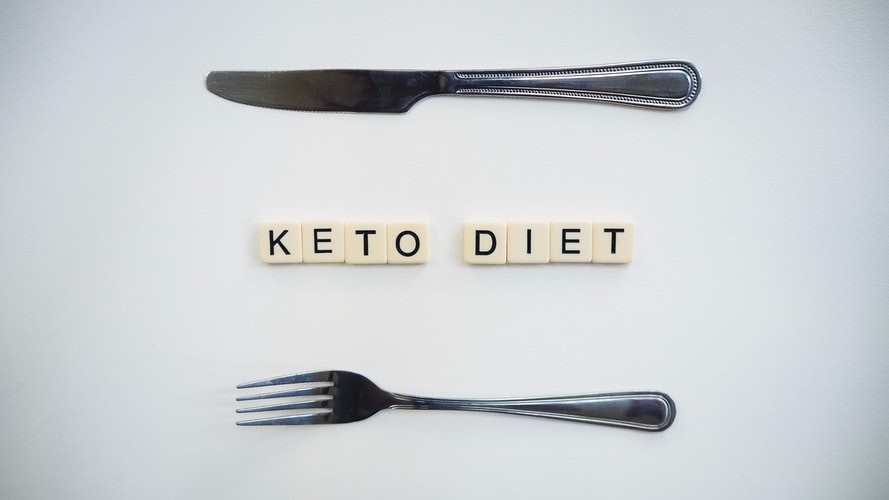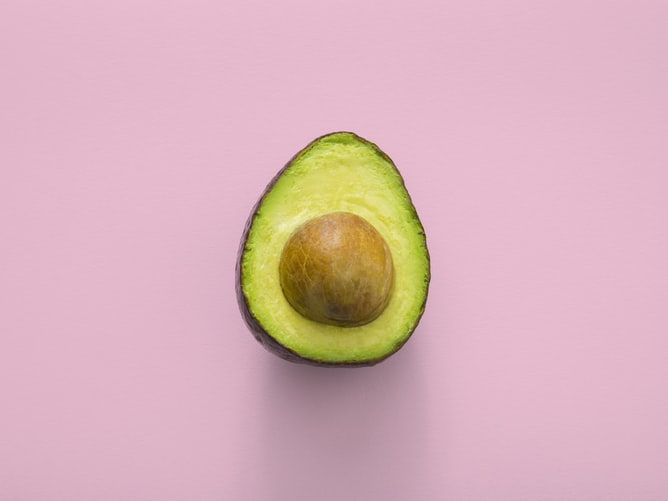If you’ve ever tried going on a diet before, in hopes of losing that stubborn weight and keeping it off for good, you’re not alone! Most people (women in particular) have tried at least one tad diet in their lifetime, with the goal of fast tracking their weight loss attempt. The problem? The restrictive nature of these diets is unsustainable long term, and the majority of people regain over eighty percent or more of that weight within five years.! Chronic dieting is one of the greatest predictors of future weight gain!
Dieting is not a healthy way to lose weight, here's why:
Learn Fitness Online
Meet Amphy
The largest marketplace for live
classes, connecting and enriching
humanity through knowledge.




